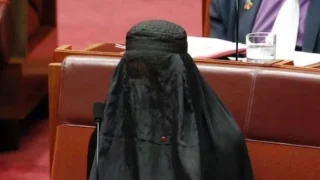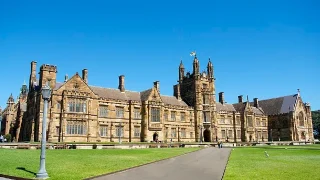
Commonwealth Education Minister Brendan Nelson’s higher education reform package is a radical evolution in policy, preserving and even tightening many elements of the old centrally controlled system, but also creating new price signals and giving students enrolled at private higher education institutions access to a loans scheme.
-
- Under Dr Nelson’s package, student charges in government-subsidised places would be set by the university, within limits imposed by the Commonwealth, and these would go to the university.
This is a very important change to the current system of all HECS payments going to the Commonwealth, because it means universities will respond to price signals.
Universities will have a financial incentive to focus on student concerns, evening up a funding system currently rigged in favour of research.
The scope for fee increases on subsidised students will bring the total investment in higher education closer to optimal levels, though still artificially constrained by a price cap.
-
- Loans will be made available for full-fee paying students in public universities, meaning more students will be able to enrol in their first preference course.
Loans will be made available for students in private universities and colleges, which should eventually create competition with the public system.
The evidence suggests that the higher fees are affordable and will not affect access by low-income groups.
-
- The quota system of allocating subsidised student places will be tightened by adding discipline targets and by penalising universities enrolling more than 2% above their quota of non-full fee paying students.
Rigid quotas are undesirable because they reduce competition and responsiveness to student demand.
The 2% limit is impractical, because universities cannot target numbers that accurately.
Despite its flaws, the Nelson package is better than what we have now, and with some modifications it could work more smoothly than if implemented in its current form.
Andrew Norton worked on Dr David Kemp’s unsuccessful 1999 Cabinet submission for reforming Australia’s universities. He is a Research Fellow at The Centre for Independent Studies and author of The Unchained University (CIS 2002), which sets out the case for market reform of Australian higher education.










